Do your feet tend to swell up as the weather warms up? This is actually very common, and occurs as a result of your body’s natural cooling mechanism. However, it can be exacerbated by factors such as diet and age. In today’s blog, we talk about why your feet swell up in warmer weather, and what you can do to reduce this uncomfortable condition.
Swollen feet due to the warm weather?
When the sun comes out it’s inevitable that your ankles and feet do too! No longer hidden under trousers, tights or boots, at this time of the year our lower limbs and toes are freer to bask in the summer sun (when it makes an appearance). But with the sun comes heat and with heat often comes ‘the swell’!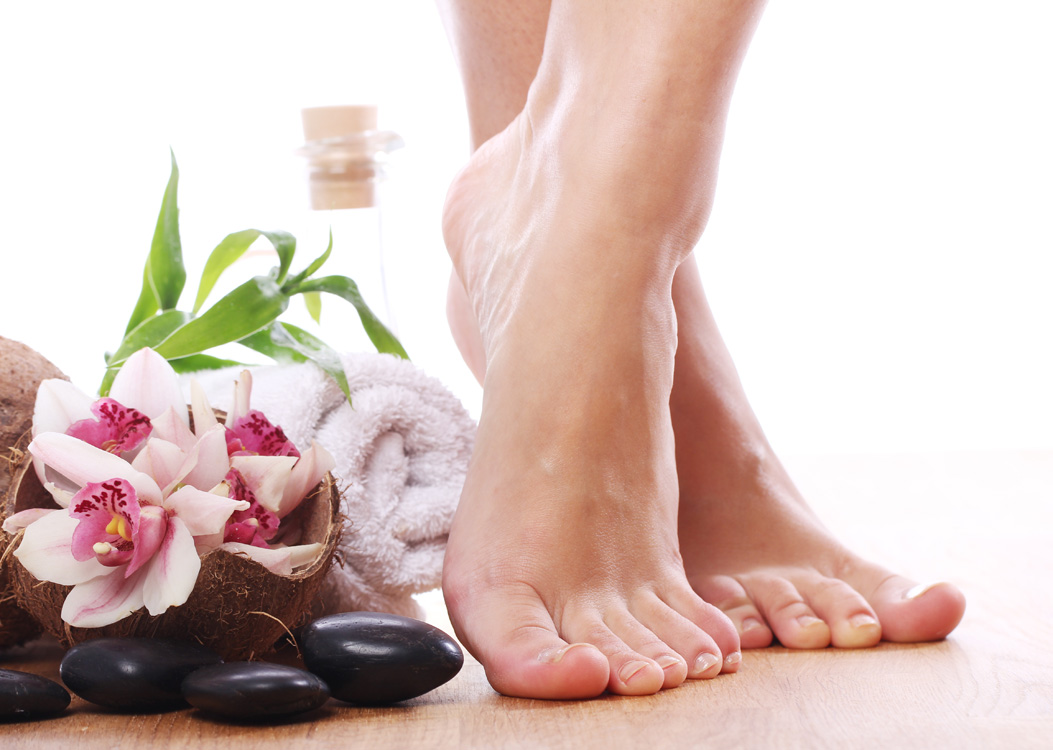 Why do my ankles and feet swell in hot weather?
Why do my ankles and feet swell in hot weather?
This phenomenon is actually a result of your body’s natural cooling mechanism. When you are too hot your veins dilate, allowing fluids to leak into surrounding tissues. The widening of these blood vessels in warm weather is perfectly natural as it’s our bodies’ way of trying to keep itself cool. However, when this happens your veins struggle to pump blood back to the heart and have trouble fighting gravity, which pulls fluid down to the ankles and feet, causing it to pool, resulting in swelling and discomfort.
What can make this problem worse?
Swollen ankles and feet can be exacerbated by a number of factors including:
• Too much salt in your diet. This causes a salt:water imbalance which the body tries to correct by retaining extra water.
• Prolonged sitting or standing. As we walk, the movement of our legs helps to pump blood up from the lower limbs. However, sitting or standing still means that your body has to work harder to pump blood against gravity.
• Age. As we age our circulation can become slower and our hearts can become less efficient at pumping blood around the body. This makes it easier for fluids to pool in the lower limbs.
• Pregnancy. Pregnancy already puts extra strain on the vascular system, as the body has to deal with an increase in fluids as well as an increase in weight. Swollen feet and ankles are a common side-effect of pregnancy anyway, so this only worsens in warm weather.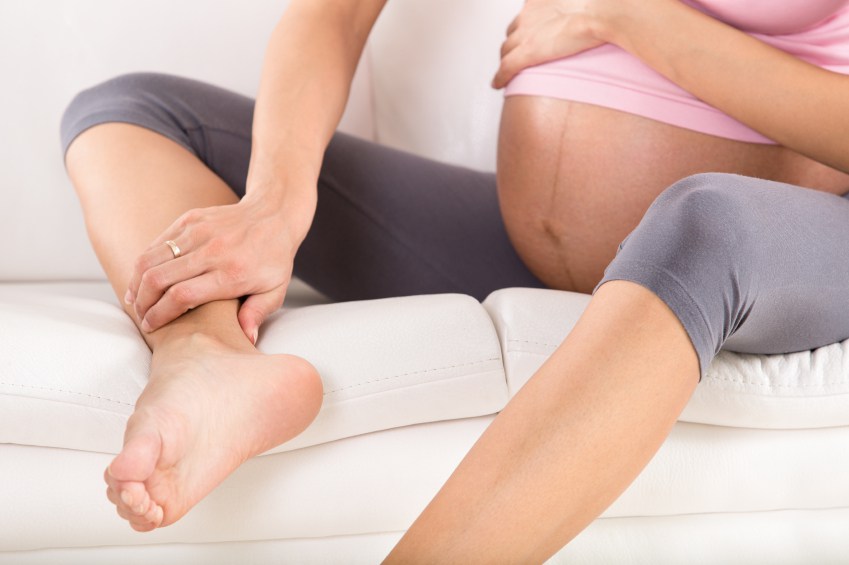 So what can you do to relieve this problem?
So what can you do to relieve this problem?
10 natural ways to ease swollen feet and ankles in warm weather\r\nIf your swelling is being caused by heat there are many natural ways you can help cool down your lower limbs, improve poor circulation and help return fluid to your blood vessels, including:
1. Elevate your feet
If you feet and ankles are swollen, this is one of the first things you should do to help reduce the swelling. Gravity really isn’t your friend when it comes to swelling, so you need to reverse its effect on your limbs by making sure you elevate you feet as much as possible. It is recommended to raise your legs/feet higher than your heart, 3-4 times a day for 30 minutes each – depending on the severity of the swelling. When you go to bed you can also put a pillow under your ankles to help drain the excess fluid.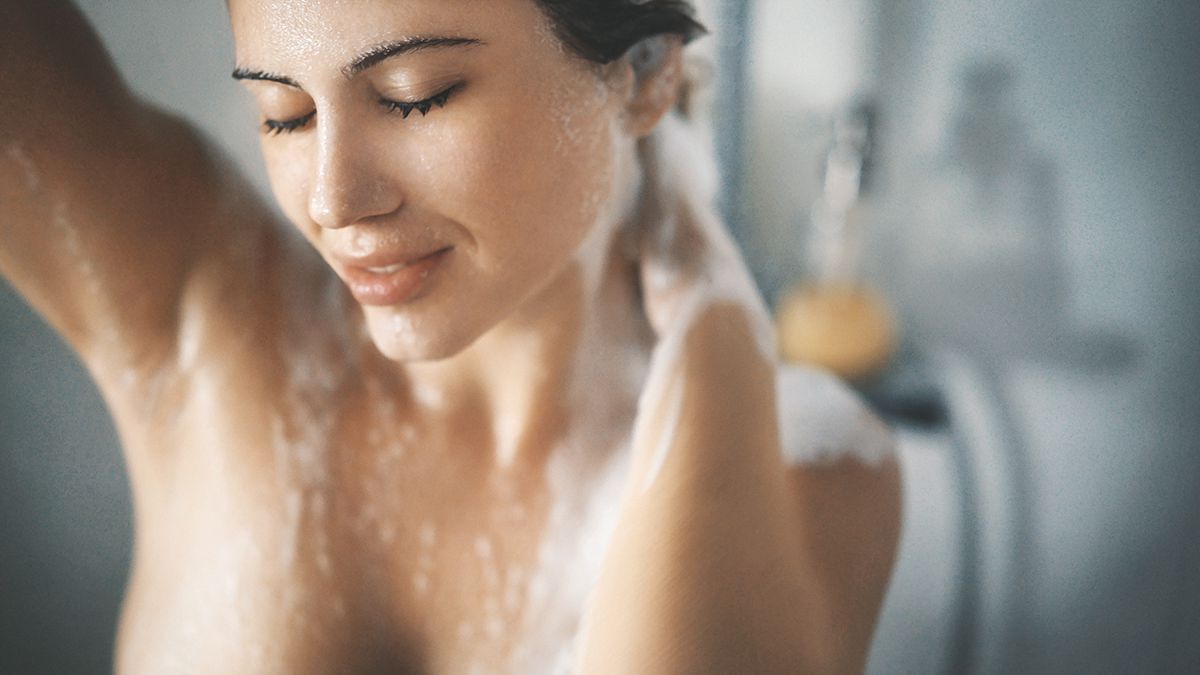 2. Avoid heat as much as possible
2. Avoid heat as much as possible
If you are prone to swelling when it is warm, try to stay a cool as possible. Easier said than done sometimes, but one way to do this is to ensure you don’t sit in direct sunlight. Find shaded areas to sit in or seek out air conditioned rooms where possible. Keep a mini fan handy to keep you cool and try a cooling foot spray – which can refresh and cool down hot feet and ankles quickly. Avoid excessively hot baths, hot showers and saunas as these can worsen swelling. Try to keep your water temperature warm but not too hot, and at the end of a shower a good tip is to blast your legs with a jet of cold water to boost circulation.
3. Stay active
Although excessive and intense exercise or activity can contribute to swelling in the lower limbs, gentle exercise such as walking and swimming is good for you as it helps to boost your circulation and get fluid build up flowing again. A good way of ensuring you don’t over-heat and add to any swelling is to exercise at cooler times of the day, such as the morning or early evening. Swimming is particularly good for swollen feet and ankles as it not only cools them down and keeps you off your feet, it also promotes gentle movement and stretching which helps to get fluids moving, while the water pressure can also help to improve circulation. 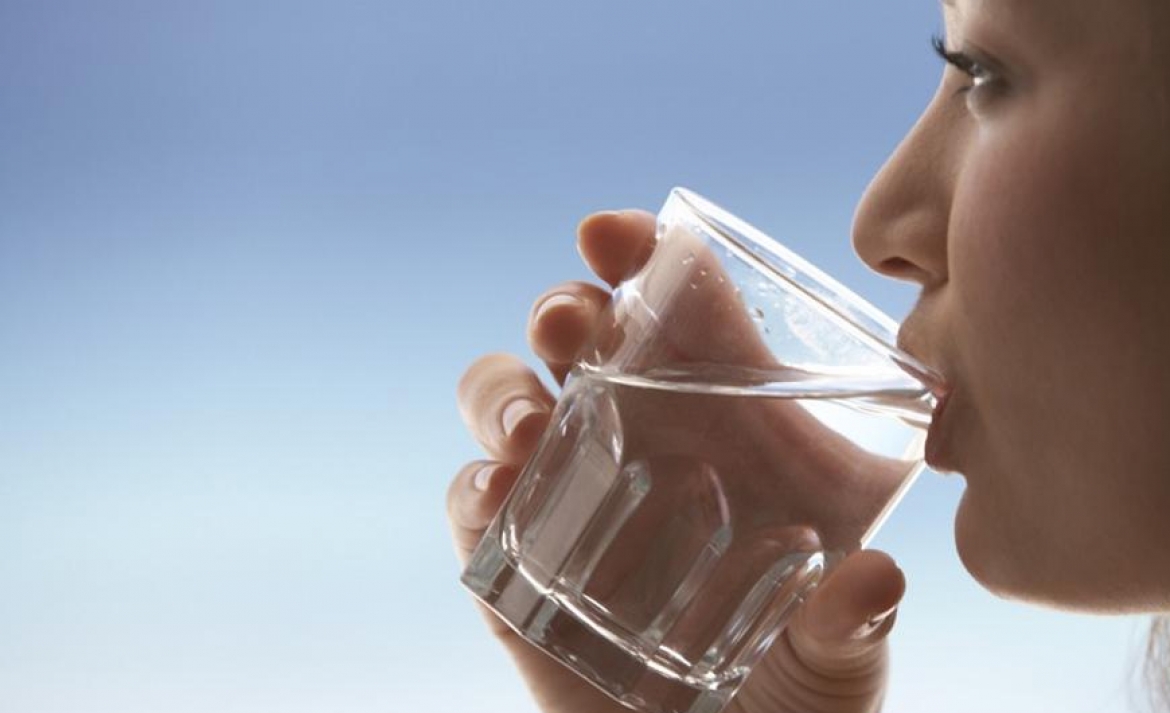 4. Drink plenty of filtered water
4. Drink plenty of filtered water
Whatever you do, don’t limit the amount of water you drink thinking this will lessen the amount of water you retain. Not drinking enough filtered or ordinary water can make the salt concentration in your blood to go up, which makes your body retain any water you do drink and cause swelling! Excess salt is a big contributor to swelling, so by drinking more filtered water you can help to dilute the amount of salt in your system and flush it out. Try to aim for at least 8-10 glasses of filtered or tap water a day. If you struggle to drink plain water then try adding slices of cucumber and lemon to it. This not only makes a refreshing drink, but cucumbers and lemons are also great for fighting the swell due to their anti-inflammatory properties. Filtered water is tasty and powerful! 5. Watch your diet
5. Watch your diet
As above mentioned, one of the main causes of swelling is excessive salt, so you need to be mindful of how much you consume in your diet. To limit your chances of swollen ankles and feet it is best to pass on the table salt and look at a low-sodium alternative or reduced salt varieties of foods which are usually high in salt, such as soups, sauces, crisps and smoked meats. Try to avoid eating highly processed foods as these often have a high salt content. Summer is a great time for adding more fresh fruit and vegetables into your diet and there are some that are better than others when it comes to helping your swollen feet. Certain foods are natural diuretics, which increase and encourage urine production, and can provide relief from fluid retention. Unlike prescribed diuretics, natural ones do not strip your body of essential vitamins and minerals. Foods that have this diuretic effect include beetroot, leafy greens such as lettuce and spinach, pumpkin, green beans, asparagus, onion, lemons and pineapple.
6. Support your legs, ankles and feet
Support tights or compression socks can help prevent swelling. They may be a little difficult to get on, but their tightness is key! They provide measured pressure to reduce the size of dilated veins, increase blood flow and help to prevent the pooling of fluids in ankles and feet, which causes swelling.
7. Avoid being stationary for too long
After a long day at work, especially if you have been sitting or standing all day, it is normal to have some swelling in your legs, ankles and feet, since gravity has been at work all day.\r\nOne way to avoid this is to ensure you have regular ‘walking breaks’ to ease discomfort and get fluid moving and blood flowing upwards again. If you sit at a desk all day long, try finding a way of propping your feet up – even a slight rise can make a big difference to your swelling.\r\nTry not to sit with your legs crossed as this can restrict blood flow and make swelling worse. It’s best to sit with your feet flat on the floor or crossed at the ankles.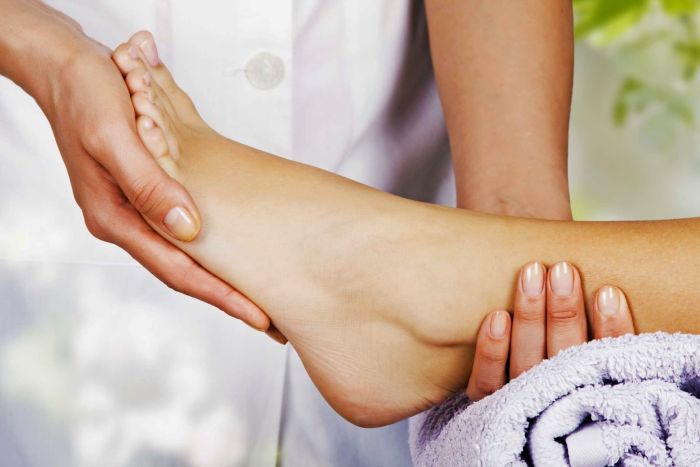 8. Massage
8. Massage
Massaging your feet and ankles is a good way to get fluid moving and reduce swelling. The best way to do this is by massaging gently, using both hands and working upwards from feet to knees in a circular motion. Essential oils such as peppermint oil and grapefruit oil mixed with a carrier oil such as almond oil are great to use when massaging swollen feet and ankles.
9. The power of magnesium
Magnesium is an important mineral for blood circulation so it’s no surprise that a deficiency in the amount of magnesium in the body can often lead to swelling. A dose of 200mg taken twice a day can make a difference. You can also look to your food to increase your magnesium intake by eating more magnesium rich foods including dark leafy greens, such as spinach and kale, nuts and seeds, fish, avocado, bananas and dark chocolate.
10. Other things you can do…
There are many other natural ways that you can ease swelling when it has occurred including applying ice packs to your swollen area, cooling foot soaks with Epsom salts and wrapping your feet and ankles in damp towels.
One more tip
Although uncomfortable and often embarrassing if your swollen ankles and feet are on show, swelling is usually temporary, unless it is being caused by an underlying health condition. If proper rest, together with these self help treatments don’t reduce swelling or if you have high blood pressure, then it is important to seek medical advice from your doctor as it may be a sign of a more serious health condition.
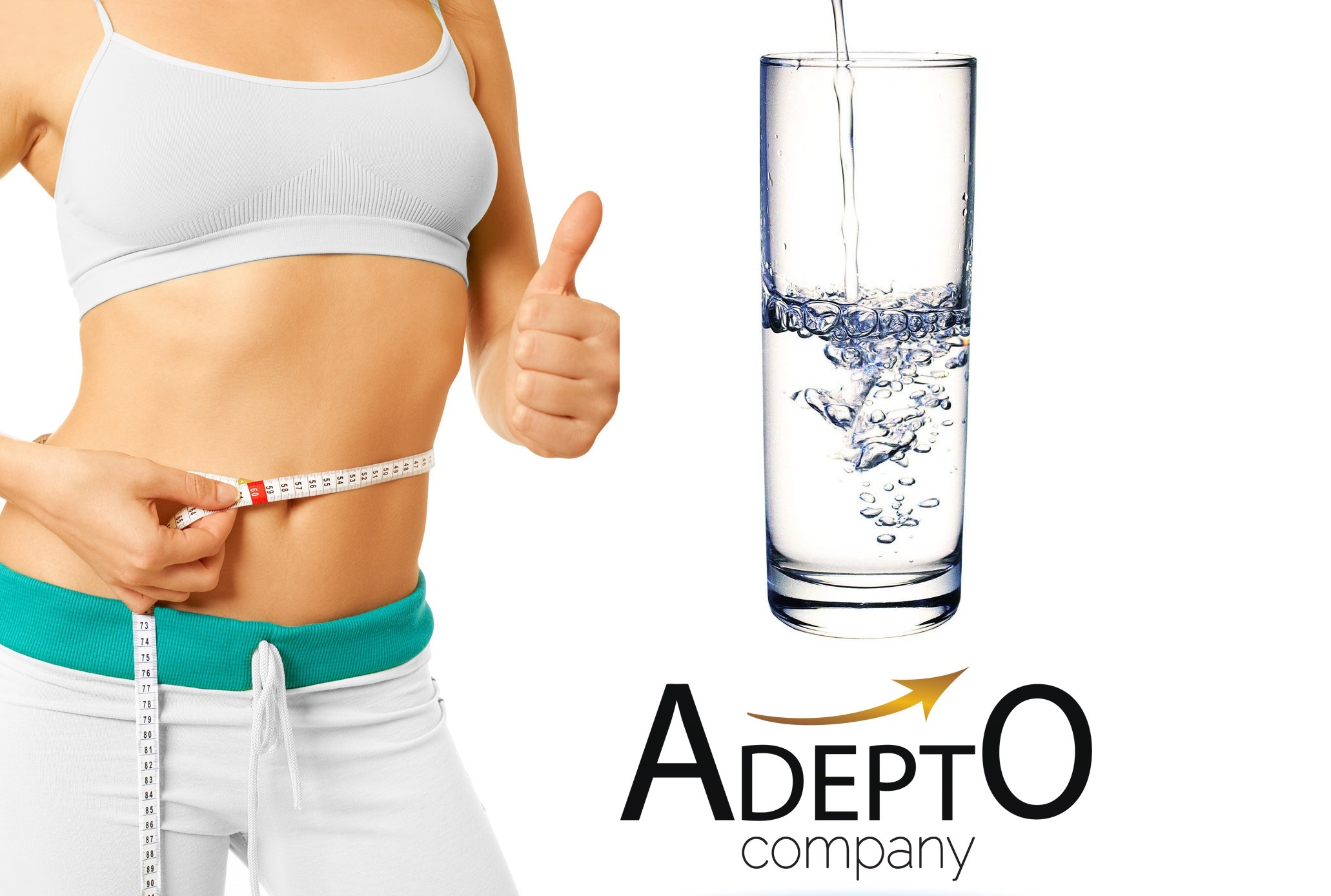 Any weight loss plan should include exercise, a healthy diet, and sufficient liquids to keep the body hydrated and healthy. When a low calorie diet is being followed in order to lose weight, sugary drinks such as sodas and fruit juices, as well as caffeine-rich beverages such as coffee, tea and alcohol, should be avoided. To burn off fat, follow an exercise regime high in aerobic exercises, such as an aerobic gym class, running, swimming or cycling, which will get the heart rate up and burn off fat. To tone muscle, physical exercises with weights targeting certain muscles will get you in shape. Cardiovascular sports that involve some form of resistance, such as swimming and cycling, are a great way to get a full body workout, burning off fat and toning muscle at the same time. It is essential to replace fluids lost in perspiration to prevent dehydration. Dehydration will lead to cramping, which will cut your exercise session short, and will be counter productive to losing weight. Drinking pure water is the healthiest option when exercising, as caffeine-rich beverages such as sodas, can in fact be dehydrating, and do not rehydrate the body effectively.
Any weight loss plan should include exercise, a healthy diet, and sufficient liquids to keep the body hydrated and healthy. When a low calorie diet is being followed in order to lose weight, sugary drinks such as sodas and fruit juices, as well as caffeine-rich beverages such as coffee, tea and alcohol, should be avoided. To burn off fat, follow an exercise regime high in aerobic exercises, such as an aerobic gym class, running, swimming or cycling, which will get the heart rate up and burn off fat. To tone muscle, physical exercises with weights targeting certain muscles will get you in shape. Cardiovascular sports that involve some form of resistance, such as swimming and cycling, are a great way to get a full body workout, burning off fat and toning muscle at the same time. It is essential to replace fluids lost in perspiration to prevent dehydration. Dehydration will lead to cramping, which will cut your exercise session short, and will be counter productive to losing weight. Drinking pure water is the healthiest option when exercising, as caffeine-rich beverages such as sodas, can in fact be dehydrating, and do not rehydrate the body effectively.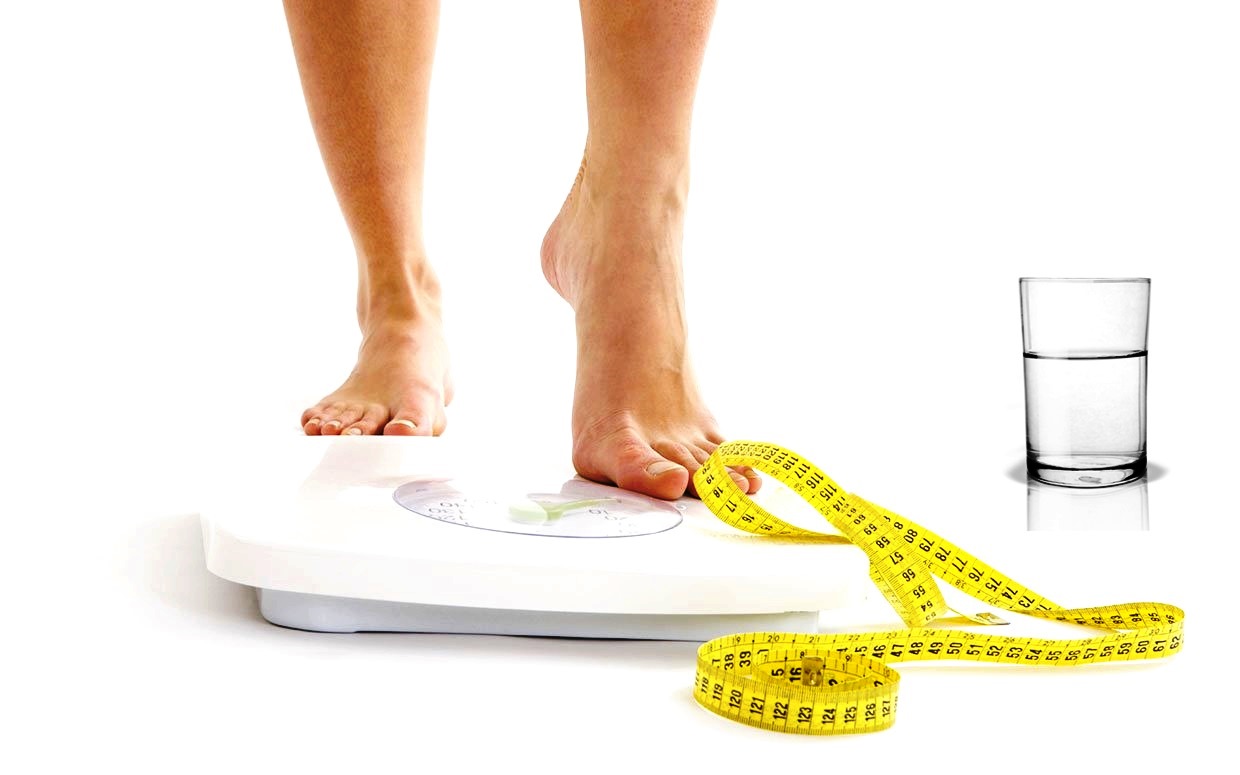 In many cases, weight gain is a result of water retention, and while one may assume that drinking lots of water would result in the body retaining more water, the opposite is in fact true. When your body is deprived of water, it stores water as a natural defense against dehydration. If you supply your body with a regular supply of fresh filtered water, this will cause excess water to be eliminated from the body, flushing out toxins at the same time. Toxins are stored in the liver and fatty tissue, and can only be eliminated from the body if flushed out with plenty of pure water. The liver is responsible for regulating how fat is metabolized in the body, and thus for burning fat. For your liver to fulfill the job of fat metabolism effectively, your liver must be in a healthy condition. By flushing your system with plenty of healthy fresh water, you will aid the elimination of toxins from your liver and fatty tissue – this is essential for a healthy weight loss program to prevent toxins from becoming concentrated in fatty tissue. Water also aids digestion, transport of nutrients throughout the body, and elimination of wastes from the body. Drinking plenty of filtered water throughout the day, especially about half an hour before and after meals, will assist with healthy digestion and prevent weight gain.
In many cases, weight gain is a result of water retention, and while one may assume that drinking lots of water would result in the body retaining more water, the opposite is in fact true. When your body is deprived of water, it stores water as a natural defense against dehydration. If you supply your body with a regular supply of fresh filtered water, this will cause excess water to be eliminated from the body, flushing out toxins at the same time. Toxins are stored in the liver and fatty tissue, and can only be eliminated from the body if flushed out with plenty of pure water. The liver is responsible for regulating how fat is metabolized in the body, and thus for burning fat. For your liver to fulfill the job of fat metabolism effectively, your liver must be in a healthy condition. By flushing your system with plenty of healthy fresh water, you will aid the elimination of toxins from your liver and fatty tissue – this is essential for a healthy weight loss program to prevent toxins from becoming concentrated in fatty tissue. Water also aids digestion, transport of nutrients throughout the body, and elimination of wastes from the body. Drinking plenty of filtered water throughout the day, especially about half an hour before and after meals, will assist with healthy digestion and prevent weight gain. Drinking plenty of water can suppress the appetite, making it less tempting to snack in-between meals. If you feel hungry between meals, snack on healthy foods with a high water content, such a fresh fruit and vegetables. Another option would be to juice the fruit and veggies for a healthy drink, high in water and nutrients, but low in calories. This will leave you feeling full, while at the same time providing a high nutritional value in terms of vitamins and minerals, but because it is low in calories, it will not pack on the pounds.
Drinking plenty of water can suppress the appetite, making it less tempting to snack in-between meals. If you feel hungry between meals, snack on healthy foods with a high water content, such a fresh fruit and vegetables. Another option would be to juice the fruit and veggies for a healthy drink, high in water and nutrients, but low in calories. This will leave you feeling full, while at the same time providing a high nutritional value in terms of vitamins and minerals, but because it is low in calories, it will not pack on the pounds. Contact us and our experts will be glad to answer all of your questions and help you when choosing the best water filtering system that will meets all your requirements when it comes to healthy drinking water.
Contact us and our experts will be glad to answer all of your questions and help you when choosing the best water filtering system that will meets all your requirements when it comes to healthy drinking water.

 BiH
BiH

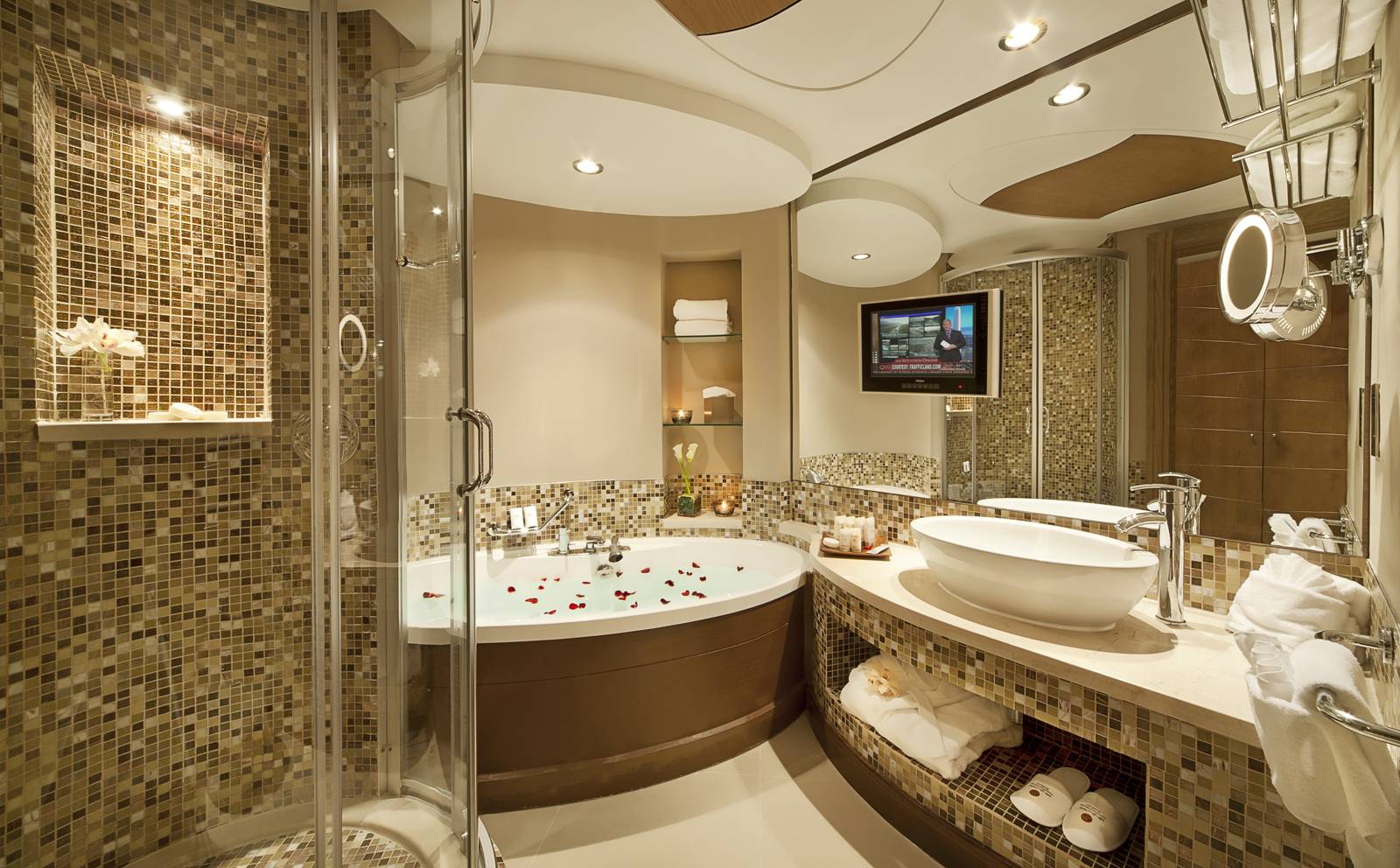
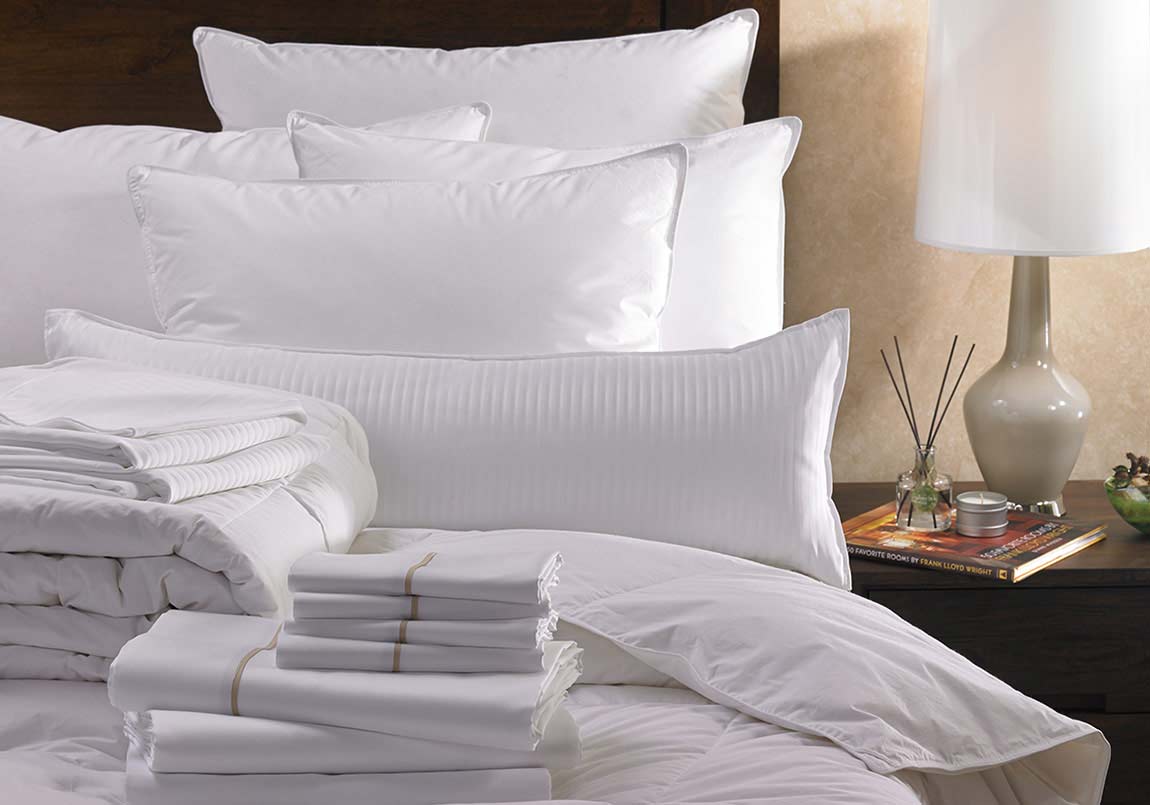 Another benefit is the cleaning costs and efficiency. Customers value clean bathrooms, and soft water works better when cleaning. There will be less streaks and more shine on everything in the hotel room without having to mess with calcium and iron in the water. You’ll also save money on chemical costs with the same (or even better) results.
Another benefit is the cleaning costs and efficiency. Customers value clean bathrooms, and soft water works better when cleaning. There will be less streaks and more shine on everything in the hotel room without having to mess with calcium and iron in the water. You’ll also save money on chemical costs with the same (or even better) results. The maintenance benefit is that your fixtures and plumbing equipment will last longer when these harsh minerals are reduced. That means you will save money on repairs and replacement, which is important in the hospitality industry.
The maintenance benefit is that your fixtures and plumbing equipment will last longer when these harsh minerals are reduced. That means you will save money on repairs and replacement, which is important in the hospitality industry. Happy customers are the ones that will return, and we know that soft water plays an important role in their stay. Soft water is important for guests just as much as it is for the hotel business itself.
Happy customers are the ones that will return, and we know that soft water plays an important role in their stay. Soft water is important for guests just as much as it is for the hotel business itself.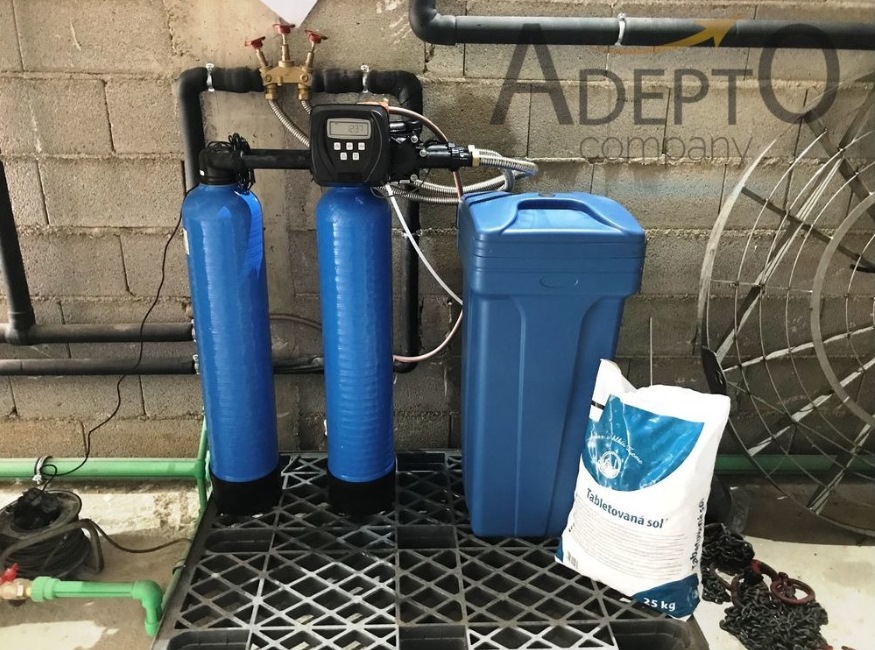 For these reasons, we recommend that you pay extra attention when choosing a
For these reasons, we recommend that you pay extra attention when choosing a 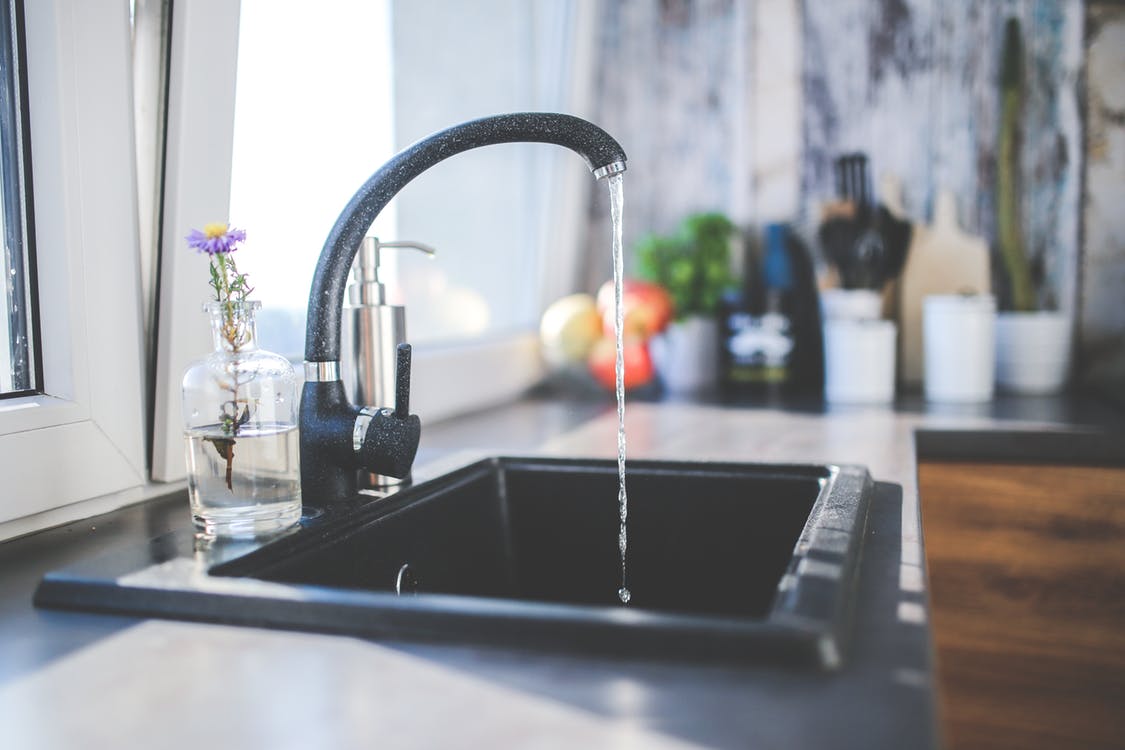
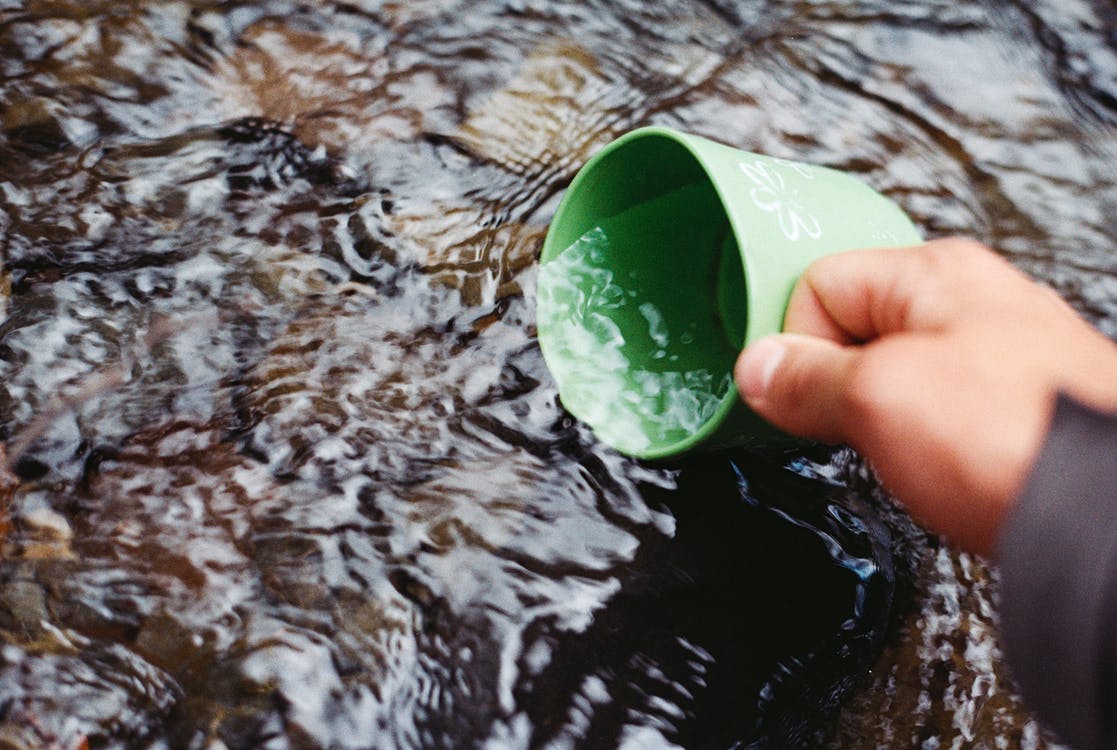

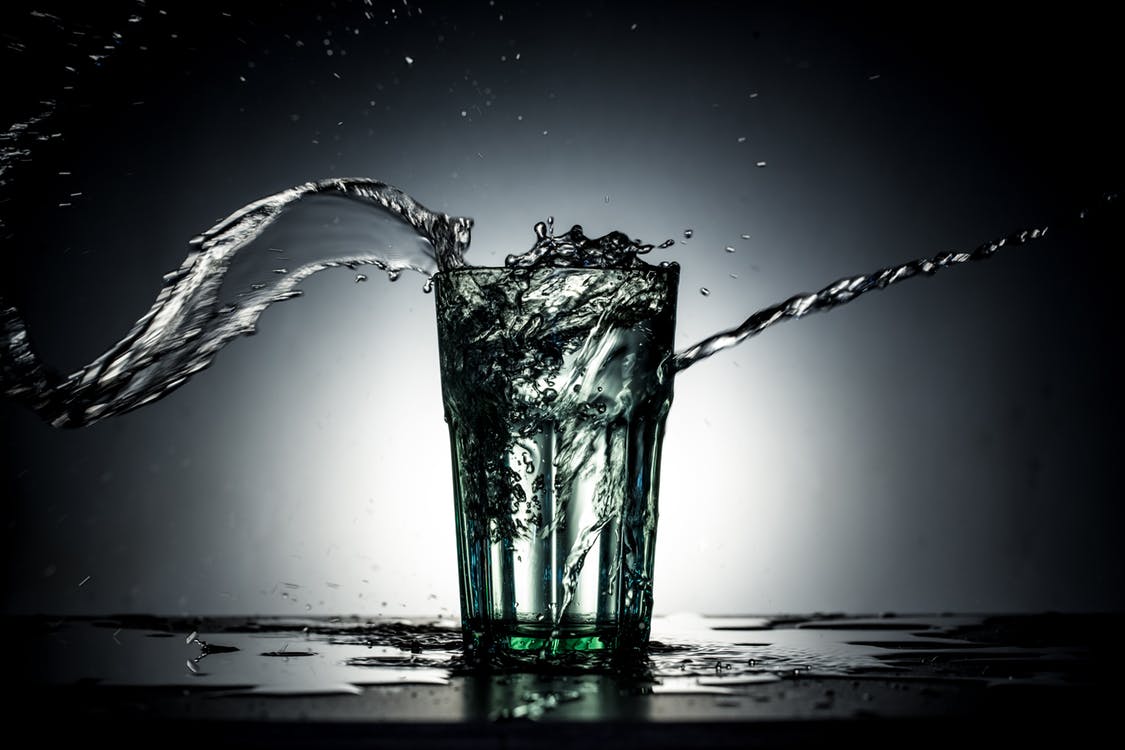
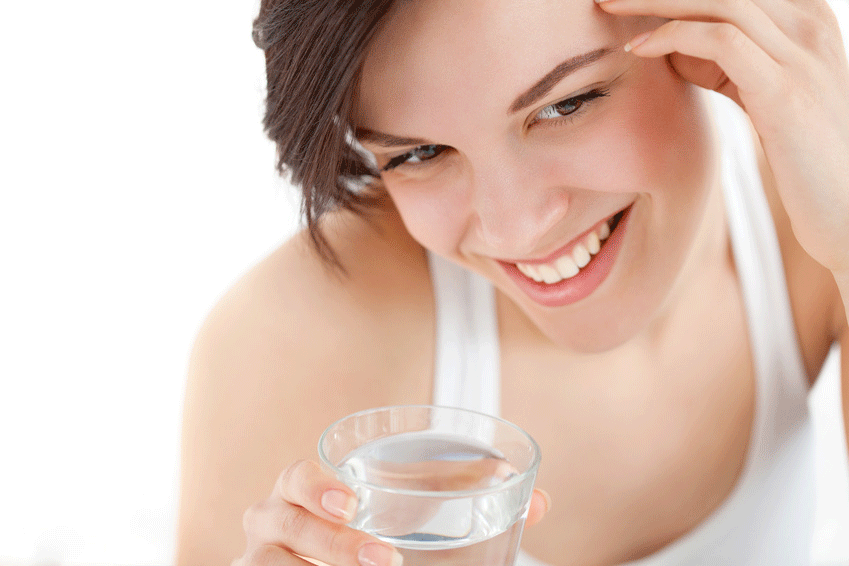 But in areas with
But in areas with 
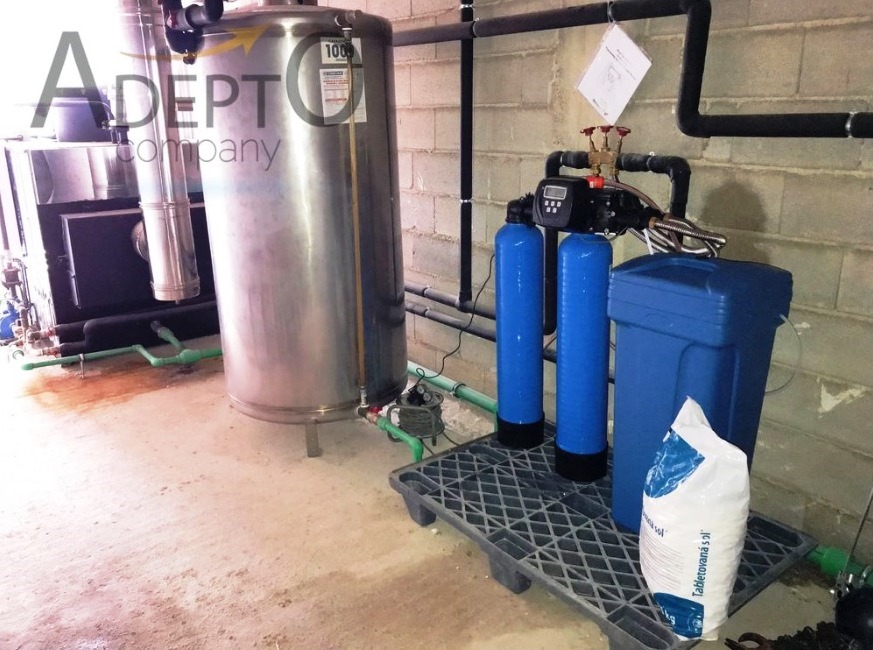
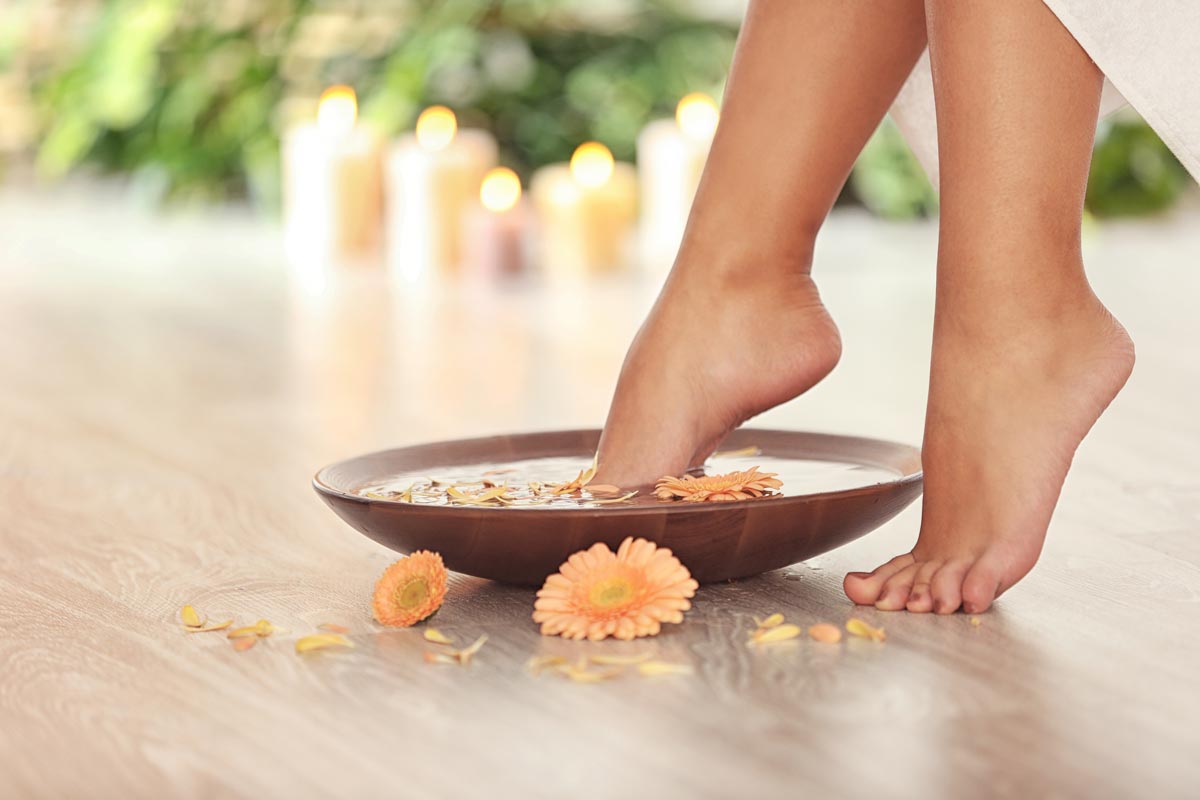
 Why do my ankles and feet swell in hot weather?
Why do my ankles and feet swell in hot weather?

 4. Drink plenty of filtered water
4. Drink plenty of filtered water 5. Watch your diet
5. Watch your diet 8. Massage
8. Massage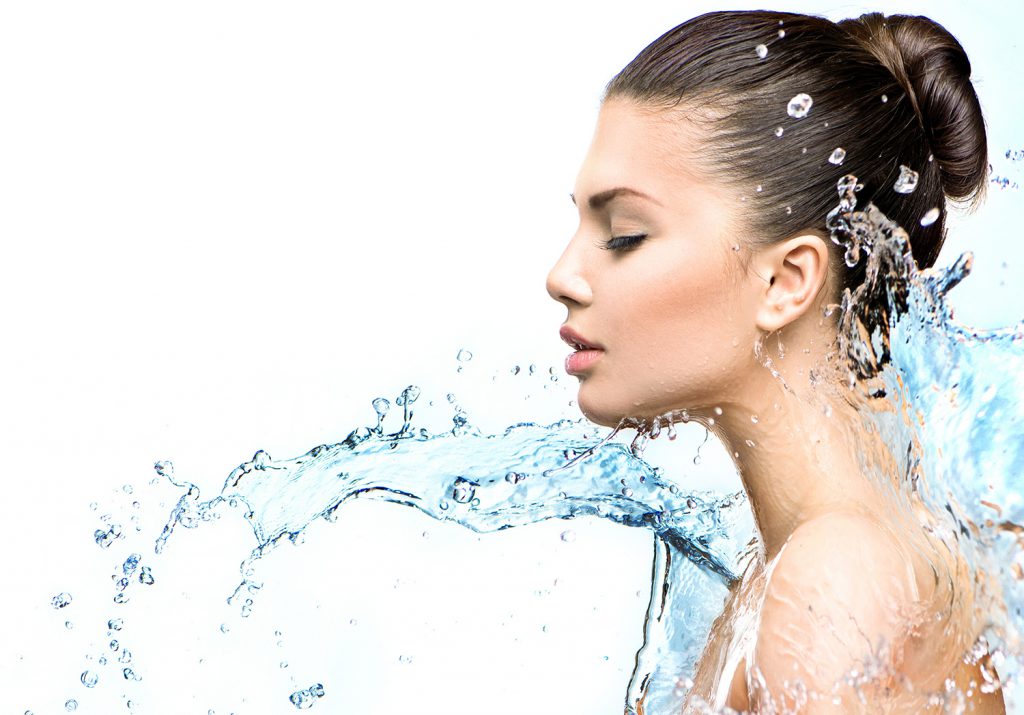
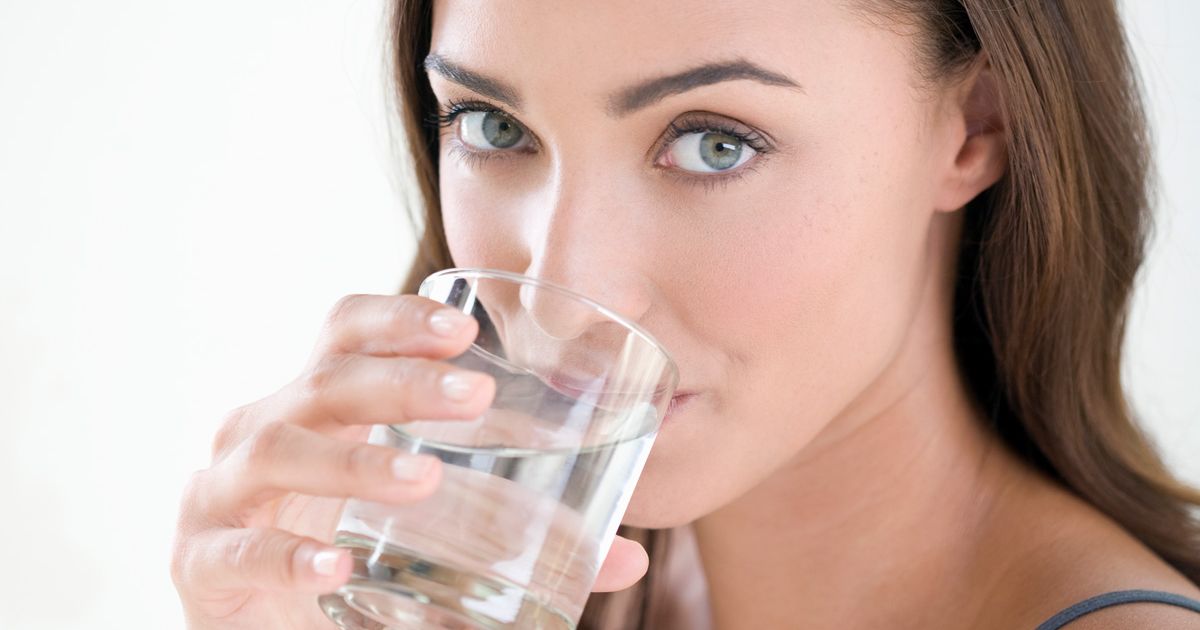
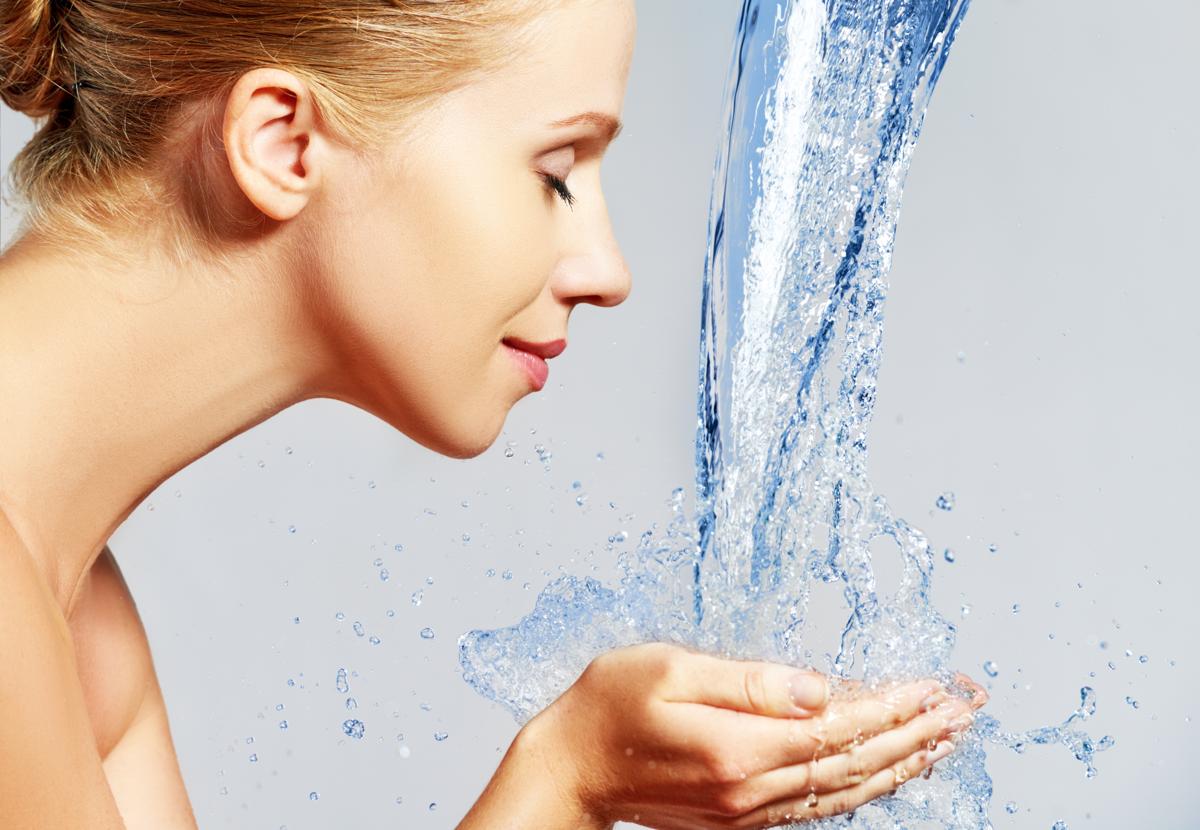

 3. Drink one glass of water while working in office or relaxing reading a book, my advice is to put one glass of water on your desk or near to you. On that way you will intake water regularly. For instance, now while you are reading the article have a glass of water.
3. Drink one glass of water while working in office or relaxing reading a book, my advice is to put one glass of water on your desk or near to you. On that way you will intake water regularly. For instance, now while you are reading the article have a glass of water.  Džemal Gekić is one of the most famous fitness trainers in B&H and the first in our country who is certified to issue internationally recognized certificates.
Džemal Gekić is one of the most famous fitness trainers in B&H and the first in our country who is certified to issue internationally recognized certificates.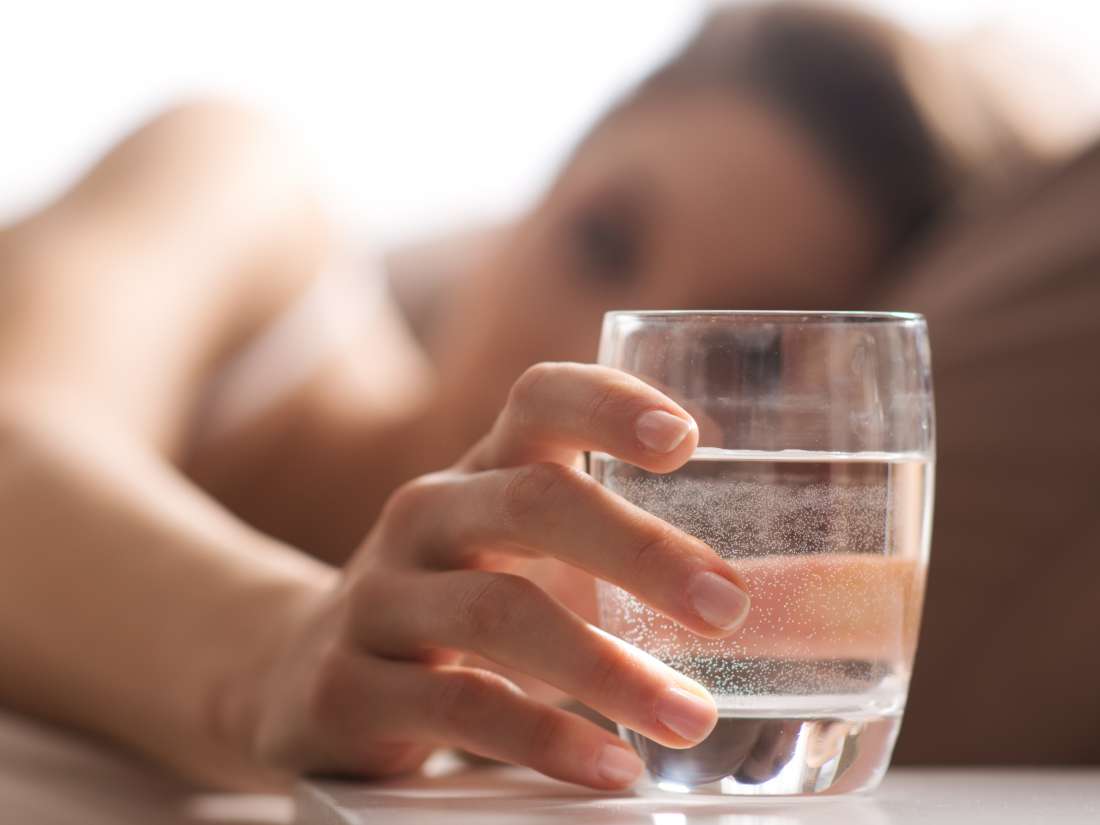

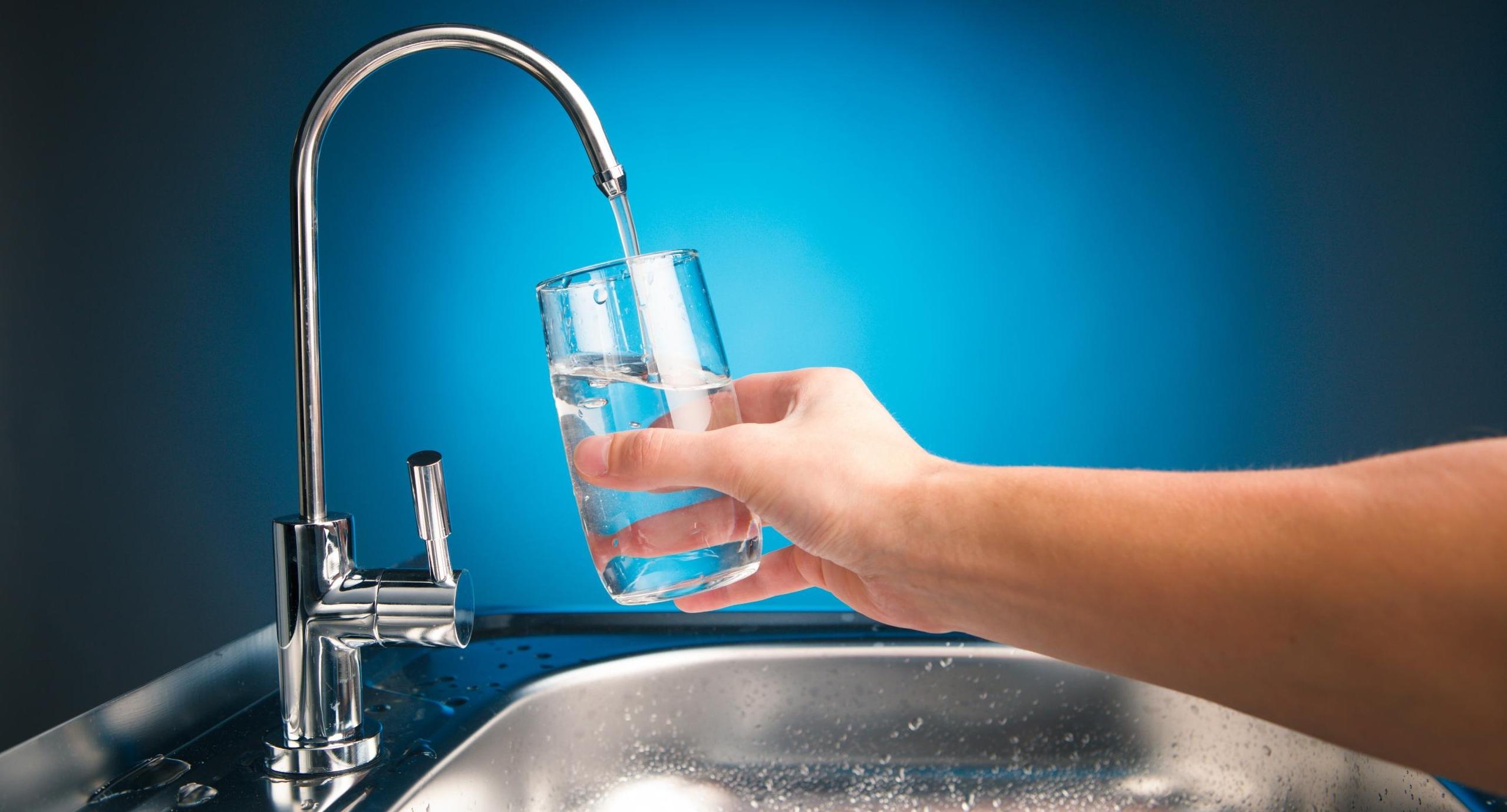 May Help Reduces the Risk of Cancer
May Help Reduces the Risk of Cancer Supports Immune System and Healthy Mental Function
Supports Immune System and Healthy Mental Function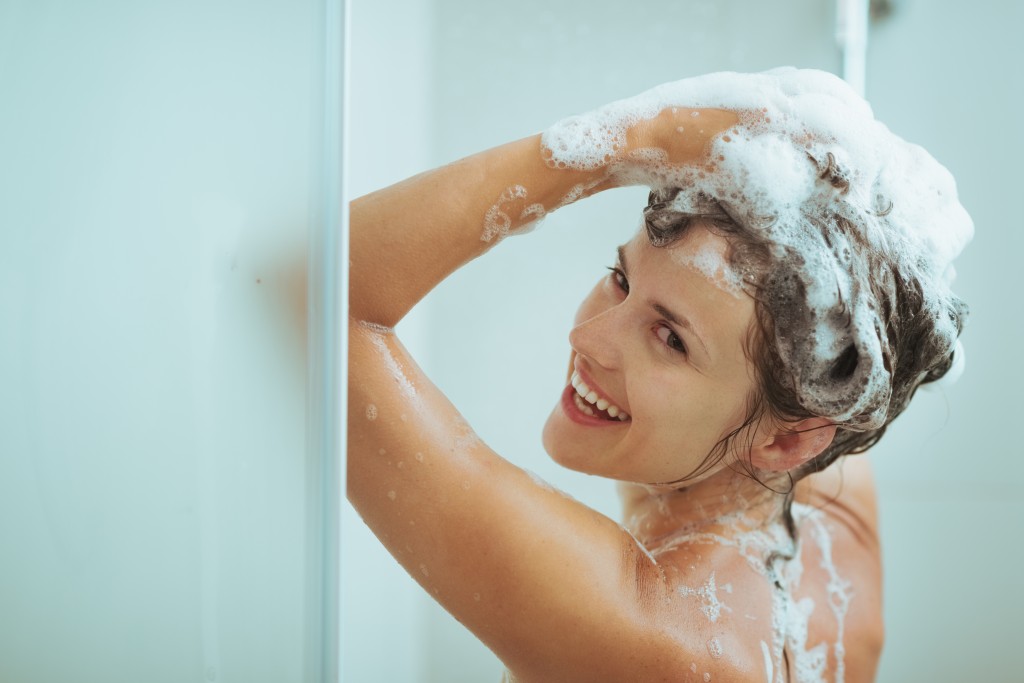

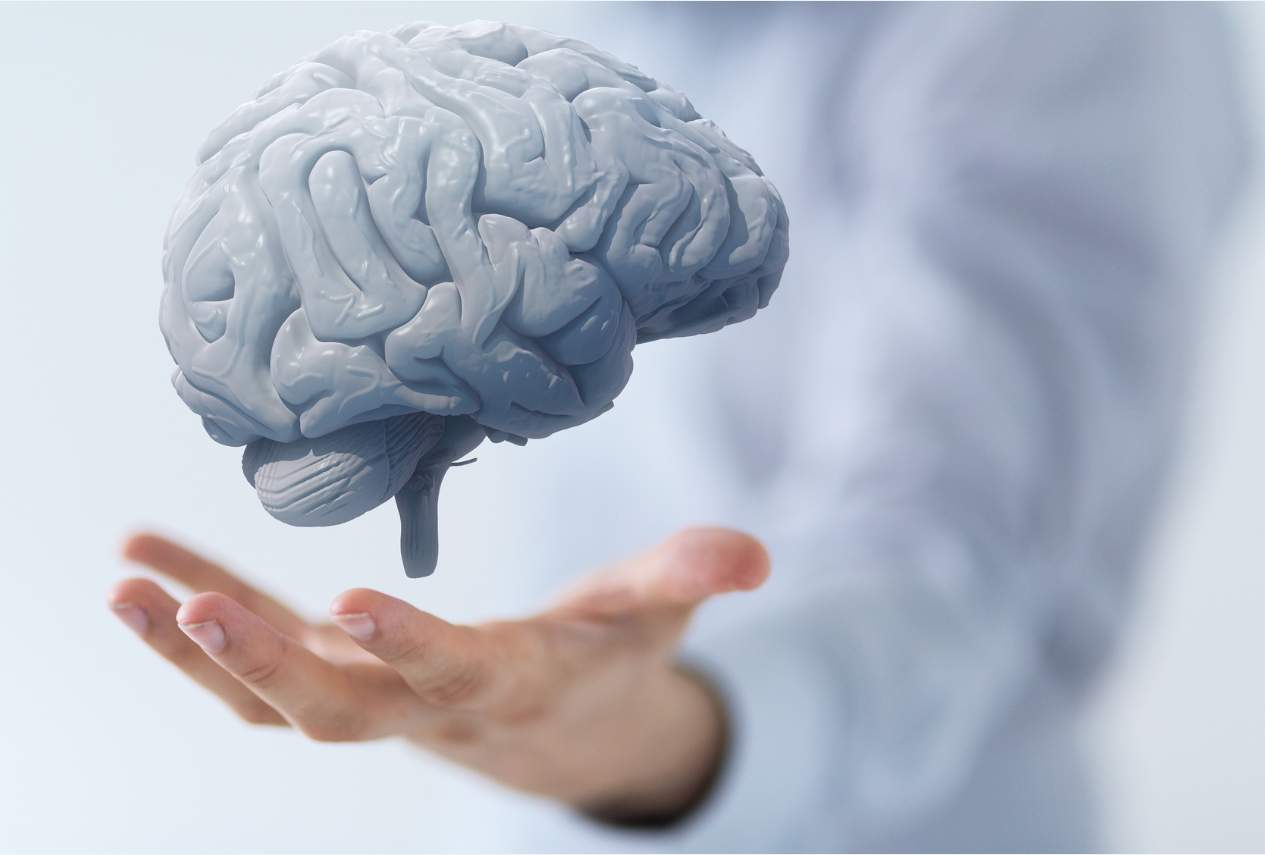
 Limbs
Limbs